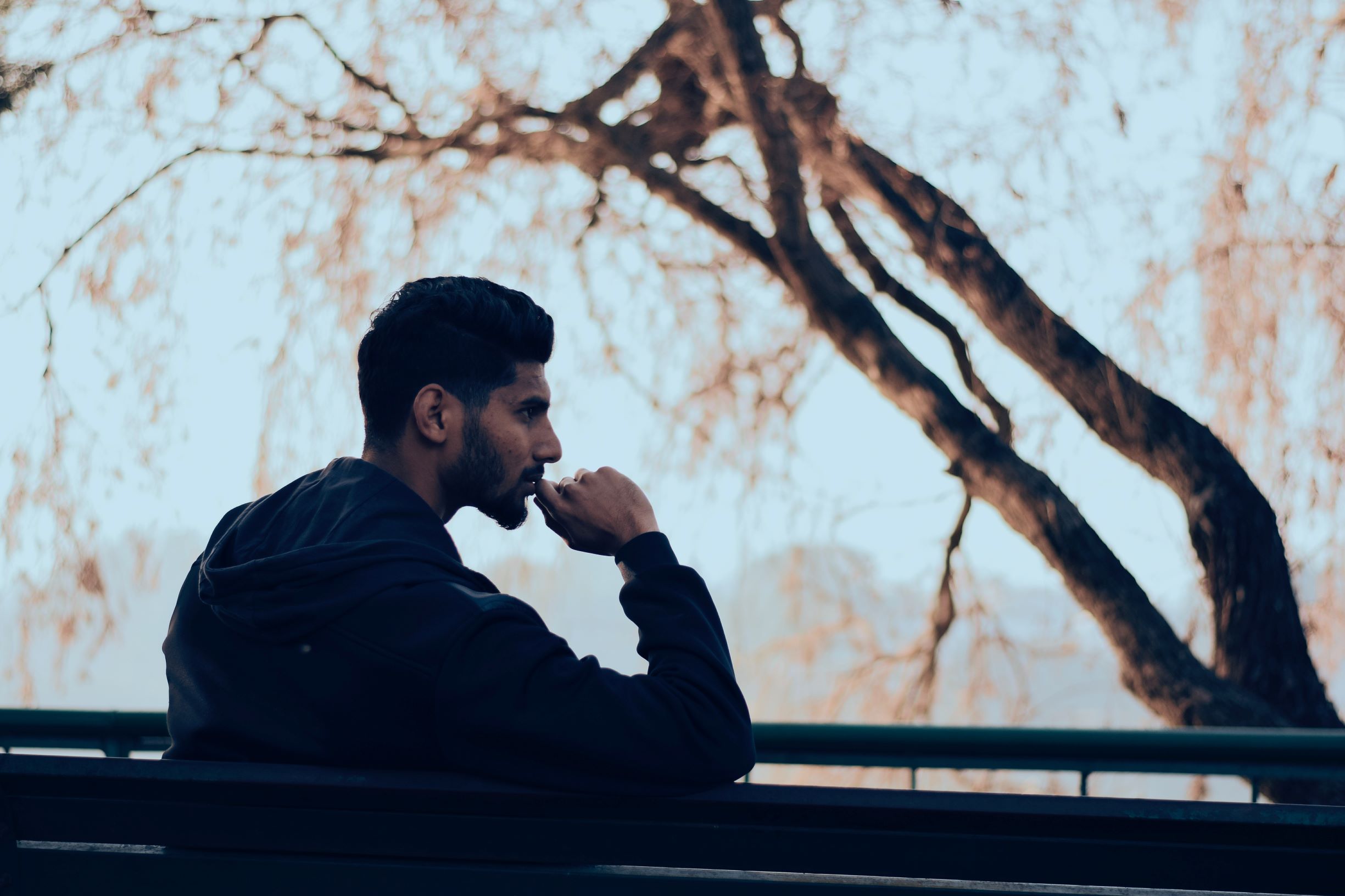Symptoms of mental and physical health issues will often look different in men than in women, for a variety of reasons. Anxiety symptoms in men can be somewhat similar to those in women but with some key differences.
Stigma and Emotional Vulnerability
Men tend to view emotional vulnerability as a weakness. Given the stigma that can be associated with a mental health disorder, that adds to their reluctance to share their struggles with others. So, while men may actually have some of the same symptoms of anxiety as women, they will be less likely to talk about what they are feeling. Instead, they will react in a way that may seem, to them, to be a more masculine approach.
Women Twice as Likely to Be Diagnosed
The causes of anxiety are many and varied. They could be worries over work, finances, or relationships. An endless loop of self-doubt can evolve from these feelings of stress and apprehension, which could result in an anxiety disorder. In addition, medical conditions such as diabetes, heart disease, or a decline in hormone levels can result in an anxiety disorder. Low testosterone has been shown to increase anxiety levels as well as contribute to an increase in cortisol, the stress hormone, which can drive anxious feelings.
Anxiety disorders affect 40 million adults in the US. Of those, 14% are men. One type, social anxiety disorder, affects just over 4% of men and almost 6% of women. Even though those numbers may seem close, women are more likely to report lifetime social fears and internalizing disorders. They are also more likely to seek professional treatment for their anxiety disorder. Men were more likely to have externalizing disorders and use alcohol or drugs to relieve their symptoms.
Anxiety Symptoms
In men, the symptoms of an anxiety disorder often show up as irritability or anger. Physical symptoms can include sweating, a pounding heart, headaches, stomach issues, trouble sleeping, and fatigue. Emotionally, men are more likely to exhibit their feelings of anxiety in ways that seem to them to be more masculine, essentially attempting to not let their mental health issues show externally to others.
A researcher and clinical associate professor at Stanford University, Carmen McLean, PhD, explains, “I think the biggest thing is men are socialized not to show anxiety. Socializing to show agency and self-efficiency dissuades from showing anxiety.” Men will often display rage or anger when they are feeling the symptoms of anxiety. They are also more likely to experience strains in their relationships, because of their excessive worrying.
The stigma of mental health and their own sense of masculinity keeps men from opening up to others and that can cause their emotions to build to a breaking point. Attempting to bury or hide their anxiety can make the situation much worse. The result can be a flood gate of anger and irritability. Women typically have a close circle of friends that they feel they can confide in, where many men do not have that type of support or simply choose not to share their mental health struggles with anyone else.
Anxiety and Addiction
McLean adds that anxiety disorders in men are often accompanied by substance abuse. Research has consistently found links between substance use and mental health disorders in men. For example, a recent Columbia University study determined that men use alcohol and drugs more often than women to relieve their anxiety symptoms. Men will often forego professional treatment, not wanting to open up about their feelings of anxiety, and may instead turn to drugs or alcohol to cope. This behavior is often the doorway to addiction.
Mental Health Treatment for Men at PACE
If you are experiencing anxiety symptoms, it is time to reach out to the professionals at PACE Recovery. Asking for help is a sign of strength and is the first step toward improved mental and physical health. We optimize your recovery success with integrated treatment that will address both your mental health and any substance use issues you may also have. We address your whole person, including your spiritual, medical, psychosocial, and relational facets.
At PACE, we understand the challenges you are facing during this period of isolation and uncertainty. We’re here to help. Our men’s-only programming has transformed hundreds of lives over the years, and we believe that you can recover. To learn more about our mental health and addiction services, contact our Admissions team.



